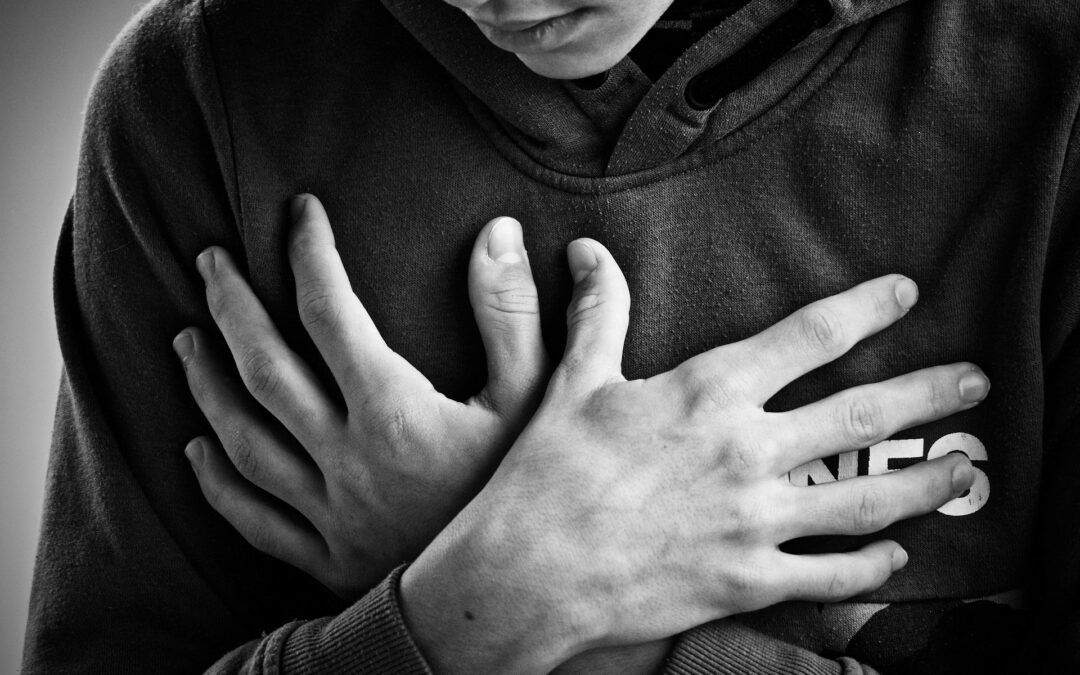A panic attack is a frightening occurrence for most sufferers. But most people do not understand what is happening to them when they experience a panic attack. The characteristics of the attacks vary from person to person, which confuses the already unsettling situation even further. A panic attack is like an anxiety attack on steroids. So let’s look at these two phenomenons:
What Do Anxiety Attacks Feel Like?
Some of the more common signs of anxiety attacks are:
- An unexpected and intense feeling of fear
- Feeling that you are being threatened
- Feeling out of control
- Self-doubt and racing thoughts
- Feeling uneasy and anxious when you are alone in a potentially vulnerable place such as a stairwell
- Feeling anxious when you are with strangers, such as people you don’t know at a party
- Feeling a strong sense of danger
- Feeling trapped, as if there is no way out
- Feeling that you are being watched or followed
- Feeling worried that you will have a panic attack
How is a Panic Attack Different to an Anxiety Attack?
In most instances, my clients will have experienced anxiety for some time before their first panic attack. While anxiety is a build up of unpleasant sensations, a panic attack is usually sudden and intense.
“Anxiety can cause panic attacks, but not all panic attacks are caused by anxiety.”
First Aid Pro
Similarly to the above list, but more so, a panic attack can be described as:
- An intense feeling of fear and anxiety
- Feeling that you will lose control
- Racing thoughts that cause you to believe that you are going crazy
- Feeling that you cannot breathe
- A feeling of butterflies in your stomach
- Sensing a lump in your throat
- Unexpected sweating
- Racing heart
- Experiencing ‘jelly’ legs
- The feeling that you are going to pass out
Why Do I Get Panic Attacks?
The unconscious mind is always speaking to us, and when we do not listen, it finds ways to speak even more loudly. Just like craving chocolate as a comfort if our self-worth is low, anxiety or a panic attack also serves a purpose. It is usually a safety device designed to keep us removed from potential threat. That threat could be wide ranging. Let’s look at three simple examples:
- If you have felt pressured and you are starting to feel as if the walls are closing in, what you need is to remove the pressure. If you are not able to remove the pressure, you will feel unsafe or at risk, on an unconscious level. Your anxiety or panic attack will fire up as a way to try to help you by stopping you in your tracks.
- If you feel that you don’t fit in or that you don’t belong, you may believe that you are not good enough. Then your unconscious mind steps in to make sure you are kept away from the dangers of putting yourself out there where you could be knocked back down. This often results in social anxiety.
- If you have experienced overwhelming challenges and have felt that you might break or perhaps you did, at some point, break, so to speak, what you need is a safe space. Your anxiety or panic attack comes along to make sure that you stay down instead of trying to get back up again.
In my experience a panic attack comes along when the anxiety, or milder form of ‘protection’ has failed to do its job. Of course anxiety doesn’t really help you in such cases. The only way forwards is to resolve the problem, whether that be past trauma, current overwhelm, self esteem issues and so forth. If you need assistance, we can help. Horizons Clinical Hypnotherapy Sunshine Coast

